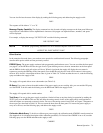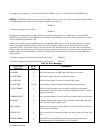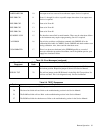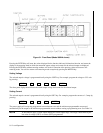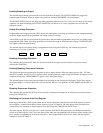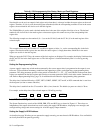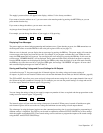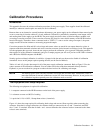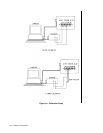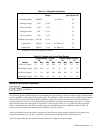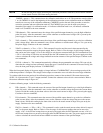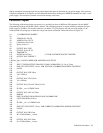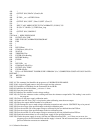
Local Operation 87
ADDR
The supply's present address will appear in the display. Address 5 is the factory set address.
If you want to leave the address set at 5, you can return to the metering mode by pressing the METER key or you can
press another function key.
If you want to change the address, you can enter a new value.
Any integer from 0 through 30 can be selected.
For example, you can change the address of your supply to 10 by pressing:
ADDR 1 0 ENTER
Displaying Error Messages
The power supply can detect both programming and hardware errors. Upon detecting an error, the ERR annunciator on
the front panel comes on and the ERR bit in the serial poll register will be set (see page 75).
When an error is detected, you can display the error message by pressing the ERR key. The power supply will return the
error message to the display and clear the error bit. For example, if you program a number that is not within the valid
range, the ERR annunciator will come on. You can display the error message by pressing the ERR key. In this case, the
error message "NUMBER RANGE" will be displayed. Errors generated either locally from the front panel or remotely
from the HP-IB computer can be displayed by pressing the ERR key only when the supply is in the local mode. Pressing
the ERR key also clears the error bit so if you press ERR again, the message "NO ERROR" will appear. All error codes
and associated display messages are listed in Table 5-8.
Storing and Recalling Voltage and Current Settings for All Outputs
As described on page 72, the power supply has 10 internal registers for storing voltage and current settings of
all outputs. At power on each location contains zero volts and the minimum current limit (see Initial Conditions, page 68).
The STO and RCL keys allow you to store and recall voltage and current settings for all your output channels from any of
the 10 internal registers (numbered 1 through 10). For example, you can store the present settings of voltage and current
for all the output channels in internal register 2 by pressing:
STO 2 ENTER
You can change the settings of any of your supply's outputs any number of times as required and then program them to the
settings stored in internal register 2 by pressing;
RCL 2 ENTER
The internal register will not retain the settings when power is turned off. When power is turned off and then on again,
each internal register will be reset to the zero voltage and minimum current settings of each output channel.
The advantages in using the internal registers are that command processing time is saved and repetitive programming of
different settings is simplified. The STO key can be used in conjunction with the OUTPUT ON/OFF key to store settings
while the outputs are disabled (OFF). These stored settings can be used later to program the outputs to the stored settings
using the RCL and OUTPUT ON/OFF keys.



